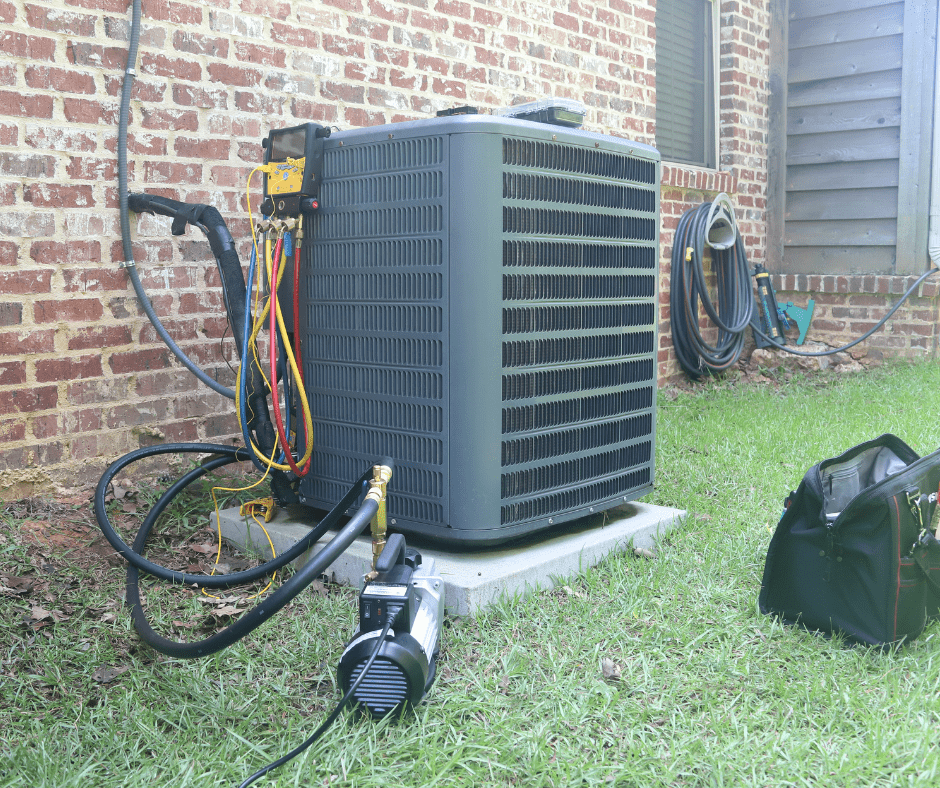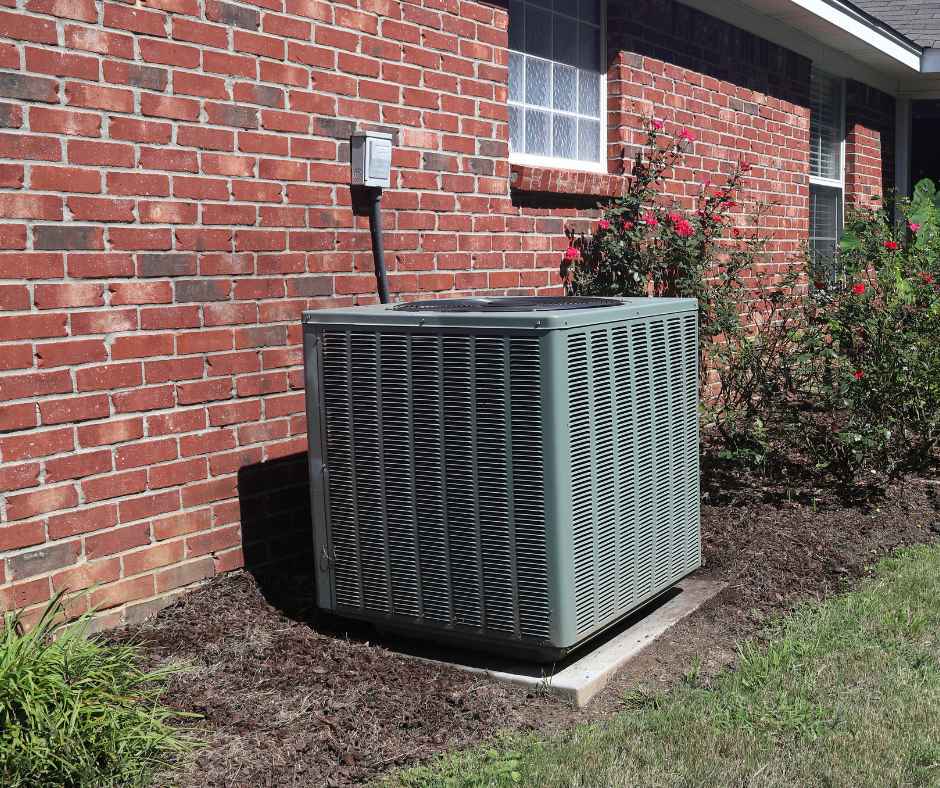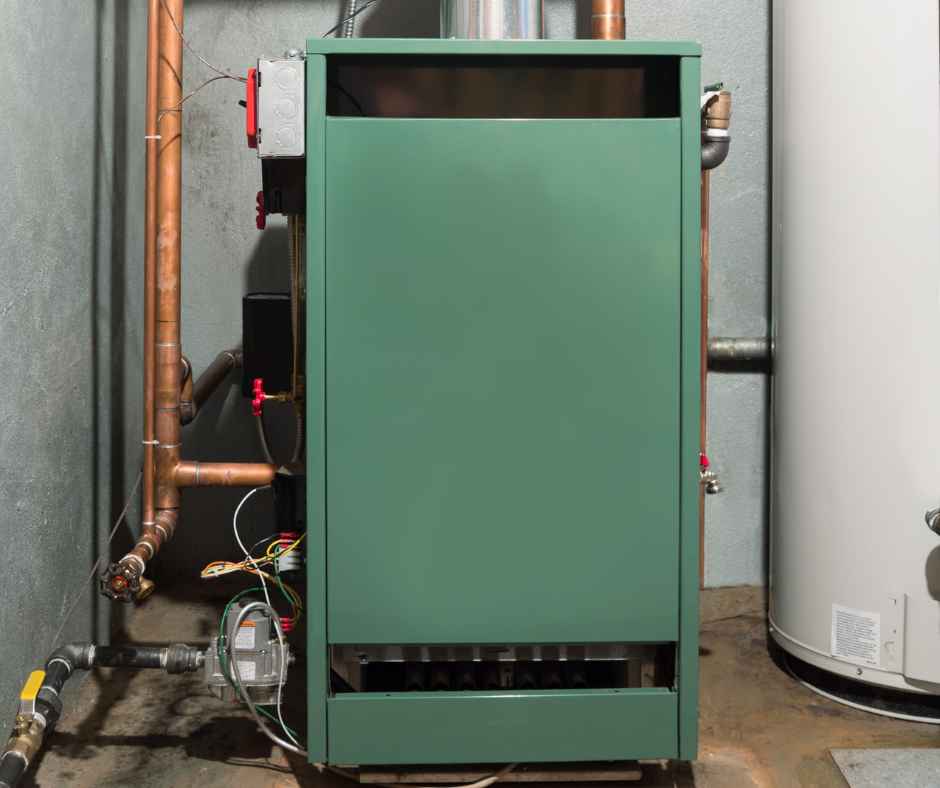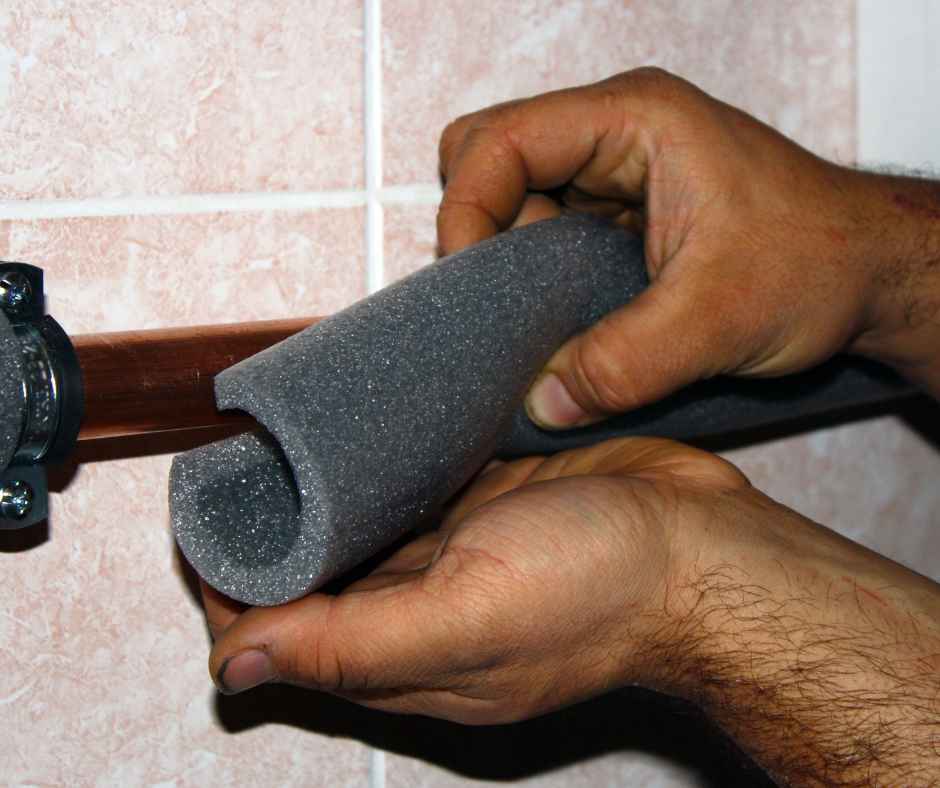Do I Need a New AC?

You spot a puddle near your AC—and suddenly, comfort turns into concern. A leaking air conditioner can be frustrating and alarming, especially when you’re not sure what’s causing the mess. Water damage, mold growth, and system malfunctions can all result from a leaking unit.
So what causes your air conditioner to leak water, and how serious is it? This blog covers the most common causes of AC leaks, how to handle them, and what you can do to prevent future issues. Let’s dive into what might be behind that unexpected water around your system.
What’s Normal—and What’s Not—With AC Leaks
A small amount of condensation around your air conditioning system is normal, especially on hot and humid days. Your AC removes moisture from the air as it cools, and this water usually drains away safely through a designated line. But when you see visible puddles, constant dripping, or water damage, something has gone wrong.
Ignoring a leaking AC can lead to:
- Damage to flooring, drywall, and nearby furniture
- Mold and mildew growth
- System performance issues or failure
- Increased risk of electrical hazards
If you see water where it shouldn’t be, it’s time to investigate.
Signs Your AC Is Leaking Water
Common Signs to Watch For
Leaks aren’t always obvious at first. Here’s what to look out for:
- Standing Water Near the Indoor Unit – Puddles or damp flooring around your system
- Dripping or Wet Spots – Moisture marks on walls or ceilings near vents
- Musty Odors – Mold or mildew forming due to excess moisture
- Weak Cooling Performance – Your AC may struggle to cool if the issue affects airflow
- Unusual Sounds – Bubbling, hissing, or dripping noises inside the unit
Catching these signs early can prevent major cleanup or repair work later.
Why Is My Air Conditioner Leaking Water?
Multiple issues can cause your AC to leak water. Some are simple and easy to fix, while others require professional attention.
- Clogged Drain Line – The most common reason. Dirt, algae, or debris can block the condensate drain line, forcing water to back up.
- Disconnected or Broken Drain Line – A loose or damaged hose means water has nowhere to go.
- Dirty Evaporator Coil – When the coil is dirty or frozen, it can overflow or melt suddenly.
- Low Refrigerant Levels – Low refrigerant causes the coil to freeze. When it thaws, the excess water can spill out.
- Cracked or Rusted Drain Pan – Over time, your drain pan can wear out and start leaking.
- Poor Installation – If your unit wasn’t installed properly, it may not drain correctly.
- High Humidity or Restricted Airflow – More moisture in the air combined with poor airflow can cause excess condensation.
Understanding the cause is the first step to finding the right fix.
What You Can Do About an AC Leak
DIY Solutions
Some AC leaks can be addressed with a little maintenance and care:
- Turn Off the System – Prevent further damage by shutting down the unit immediately.
- Check the Air Filter – A dirty filter restricts airflow and can contribute to freezing. Replace it if necessary.
- Locate and Clear the Drain Line – If you’re comfortable doing so, flush the line with a mix of vinegar and water to clear minor clogs.
- Dry the Area – Clean up any visible water and use a fan or dehumidifier to prevent mold.
If the leak stops and the unit resumes normal operation, the problem may have been a minor blockage.
When to Call a Professional
Some leaks go deeper than what you can see—or fix—on your own. Contact a qualified HVAC technician if:
- The Leak Persists – Water keeps pooling, even after cleaning the drain line or replacing the filter.
- There’s a Frozen Coil – This could mean refrigerant issues or blocked airflow that need expert attention.
- Mold Is Suspected – Mold can affect your health and should be professionally removed.
- There’s Electrical Risk – Water near wiring or circuits can be dangerous.
- Drain Pan Is Damaged – Replacing a rusted or cracked pan should be done by a technician.
Professional diagnosis ensures the problem is handled safely and thoroughly.
Tips to Prevent AC Leaks in the Future
With regular care, you can prevent many of the most common causes of AC leaks. Try these preventative tips:
- Schedule Annual AC Maintenance – Technicians will clean and inspect your system to keep it leak-free.
- Change Air Filters Regularly – Every 1–3 months depending on use and home conditions.
- Keep the Drain Line Clear – Ask your HVAC provider to flush it during service visits.
- Install a Float Switch – This safety device shuts off your system if the drain pan fills up.
- Ensure Proper Installation – If you’re replacing or upgrading your AC, hire experienced pros to avoid future issues.
- Monitor for Moisture – Look for early signs of leaks during the cooling season.
A little upkeep now can save you big in repairs later.
Wrap-Up: Stop AC Leaks With Help From Blue Bear Plumbing, Heating & Air
A leaking air conditioner may seem like a small issue—but it can lead to big problems if ignored. From water damage to mold to poor cooling, AC leaks can throw your home’s comfort and safety out of balance.
If you notice a leak or moisture where it shouldn’t be, don’t wait. The professionals at Blue Bear Plumbing, Heating & Air can quickly pinpoint the problem, offer reliable solutions, and make sure your system is running clean, dry, and cool.
Contact Blue Bear Plumbing, Heating & Air today for expert AC leak repair and peace of mind all season long!
Contact Us Today

Routine maintenance is vital for the longevity of your plumbing, heating, and air conditioning systems. Sign up for our Blue Care Maintenance Plan for annual service and exclusive membership benefits, including:
- Priority scheduling
- Waived service fee during normal business hours
- 10% discount on service calls
- 3% discount on new installations
- Two-year parts and labor warranty on new equipment






